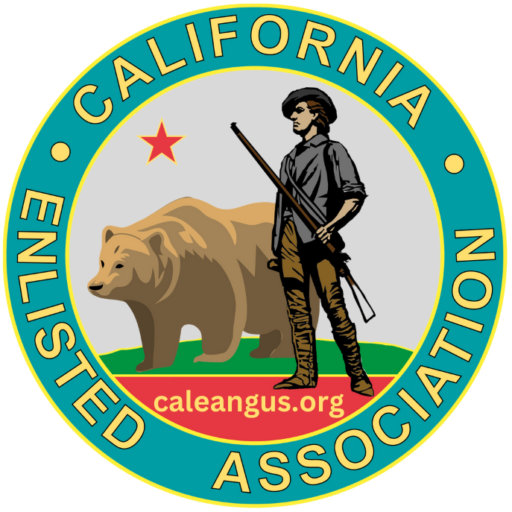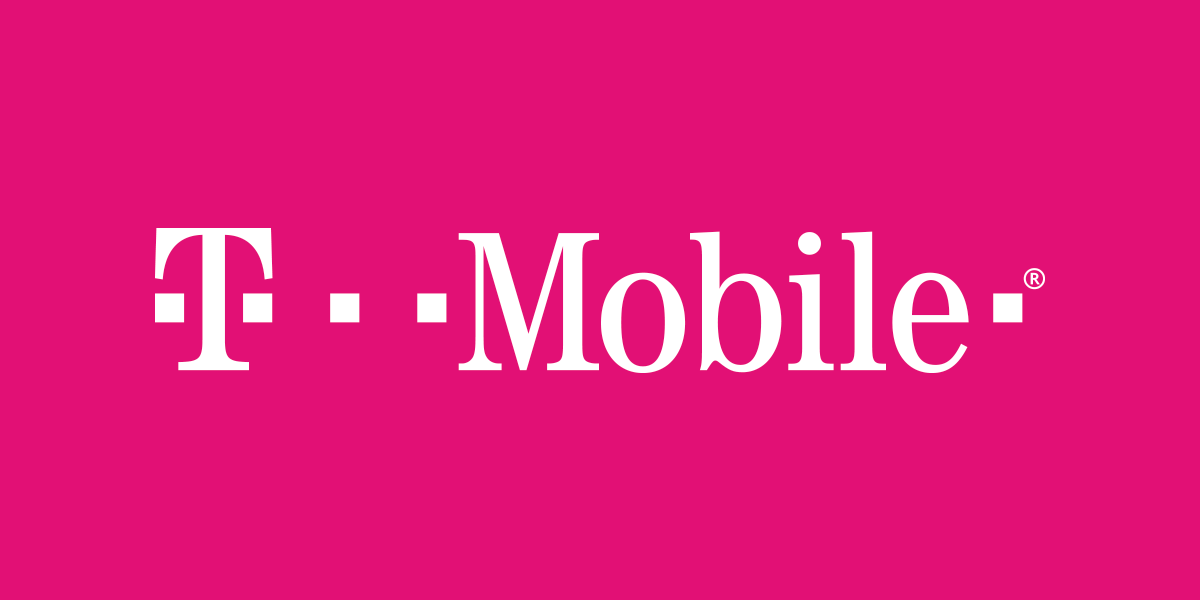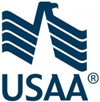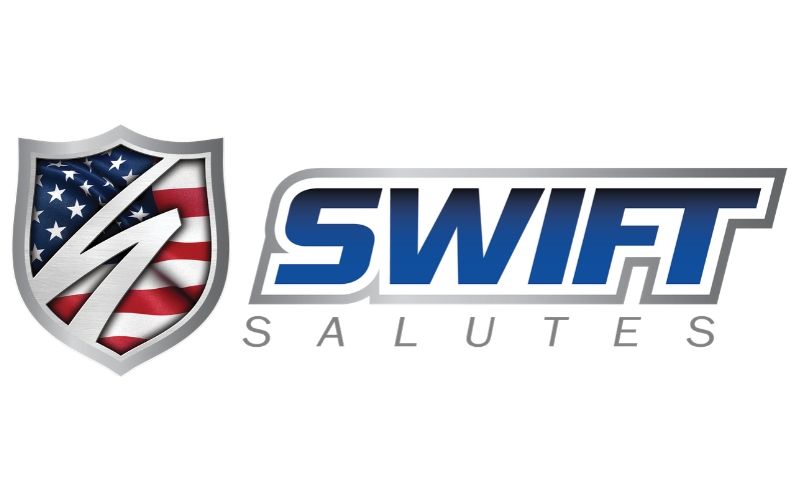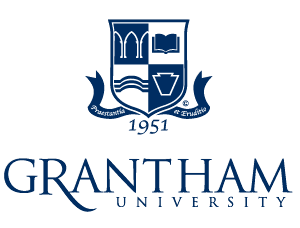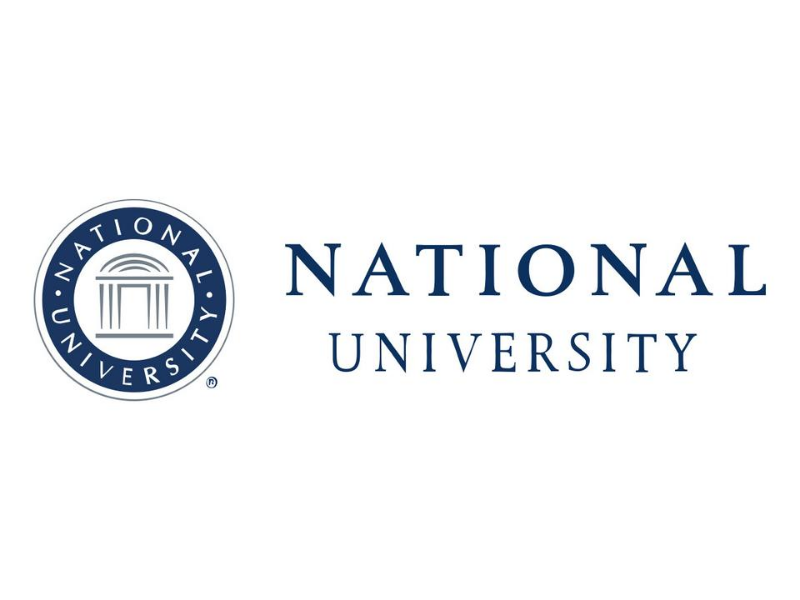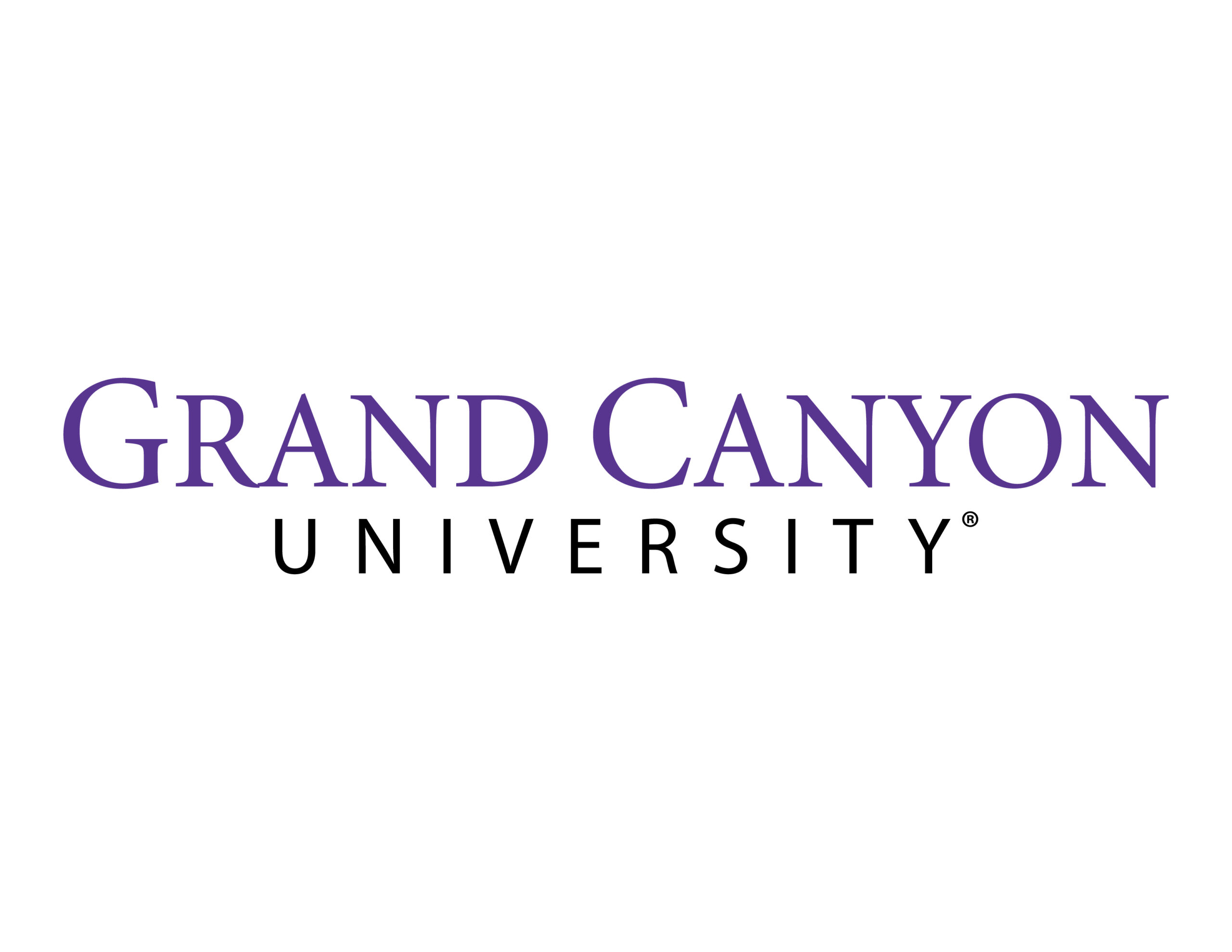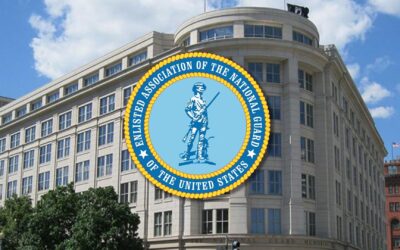
EANGUS urges the 117th Congress to implement a Civilian Certificate and Licensing for military training program. This will help combat unemployment and underemployment, it will also add in recruiting and retention.
After years of above-average unemployment rates, veterans are finding employment. Still, they remain at a higher unemployment rate than the national average. DOD and the VA continuously look for methods of improving the unemployment situation of Reserve Component and the National Guard.
A bigger question is, are they finding the right jobs? The transition from military to civilian careers remains a significant challenge for many service members. One of the biggest hurdles that remain contributing to underemployment and employee turnover is the difficulty of translating one’s military skills to be clearly understood by civilian employers. Recently I have had a conversation with some EANGUS members, and they have expressed their concern that a DD form 214 does not correctly capture the technical and experience they have gained through the military.
No matter how much time a service member spends perfecting their resume or plugging their military occupational specialty (MOS) into a skills translator, they often find that their experience is misunderstood or discounted because it only doesn’t fit the mold for what recruiters and hiring managers are trained to prioritize. Often their expertise is overlooked because there is little publish information that outlines the training servicemembers receive. It is also often hard to capture real-world experience. For example, after DOD spends hundreds of thousands of dollars training a servicemember to drive a truck, they are deployed. They must operate the most massive cargo truck in the world through the small, crowded streets of places like Iraq and Afghanistan. They are often needed to continue to drive for more than 12 hours per day. How are they not eligible to drive the open highways for less than 8 hours per day here in the United States?
While the transition from military to civilian life is never easy, there is an explicit action that the military can and should take to help create common ground with civilian employers: establish certification and licensing programs in their initial job training.
There are many popular certifications to consider, such as the Accreditation in Public Relations (APR) and the Project Management Professional (PMP). But one often overlooked career field that clearly overlaps with military jobs and relies heavily on certifications is the field of human resources and the Professional in Human Resources (PHR) certifications.
We should also look at some skilled labor positions throughout the military. Professions like Truck drivers, Mechanics, Piolets, and MP/SP/SF. The license and certificates required for these positions in the civilian sector could efficiently be conducted in the servicemembers’ initial job training.
The importance of obtaining certifications and licensing is reinforced by the Department of Defense’s Credentialing Opportunities On-Line (COOL) program, which advises service members that, “When you transition back to civilian employment, credentials help you translate your military training and experience into something civilian employers can easily recognize. That can help you get hired, get a better job, or promoted sooner!” the money put into this program could be and should be directed to certificates that require further training that could not be conducted in initial training and to spouses.
The bottom line is that professional certifications matter. Service members should have every opportunity to get certified in a professional field that aligns with their interests and expertise. Suppose we continue to put money into initial training. In that case, we should ensure the members are adequately trained and ready to enter the civilian employment sector immediately after the transition. Receiving certifications and licensing would be a great recruiting opportunity.
For further information, please contact the EANGUS legislative director Kevin Hollinger at (202) 670-1826 or email at kevin@eangus.org.
